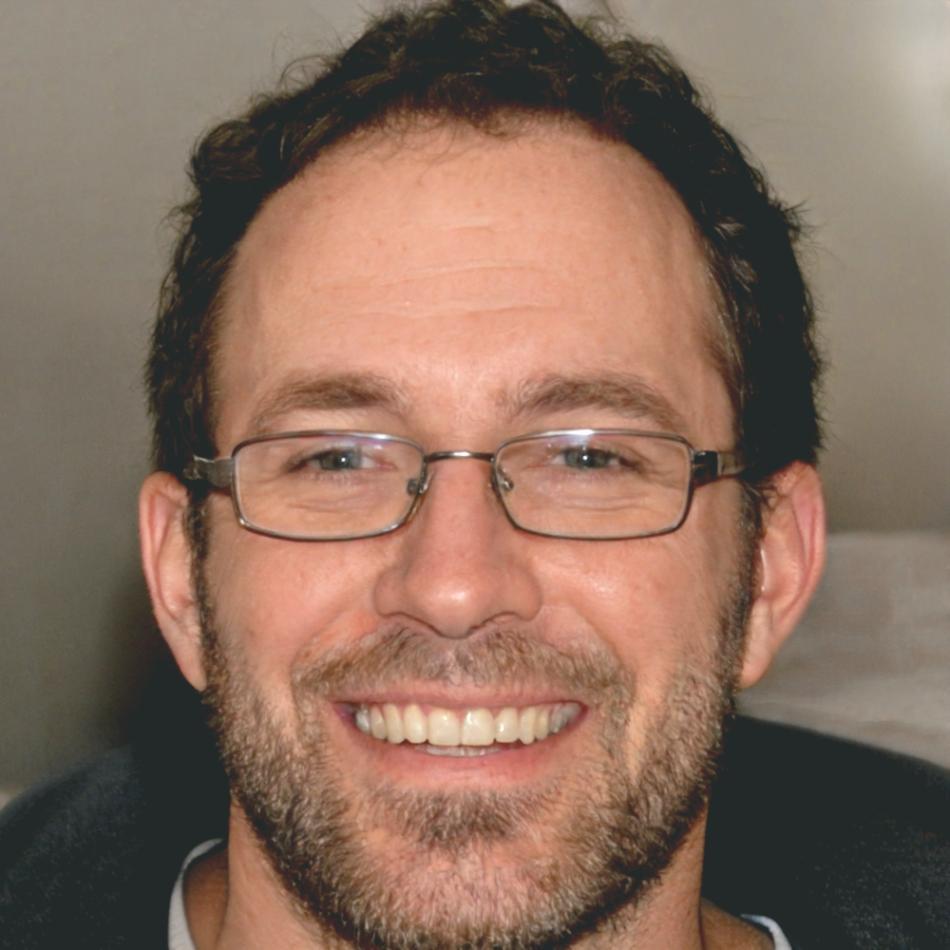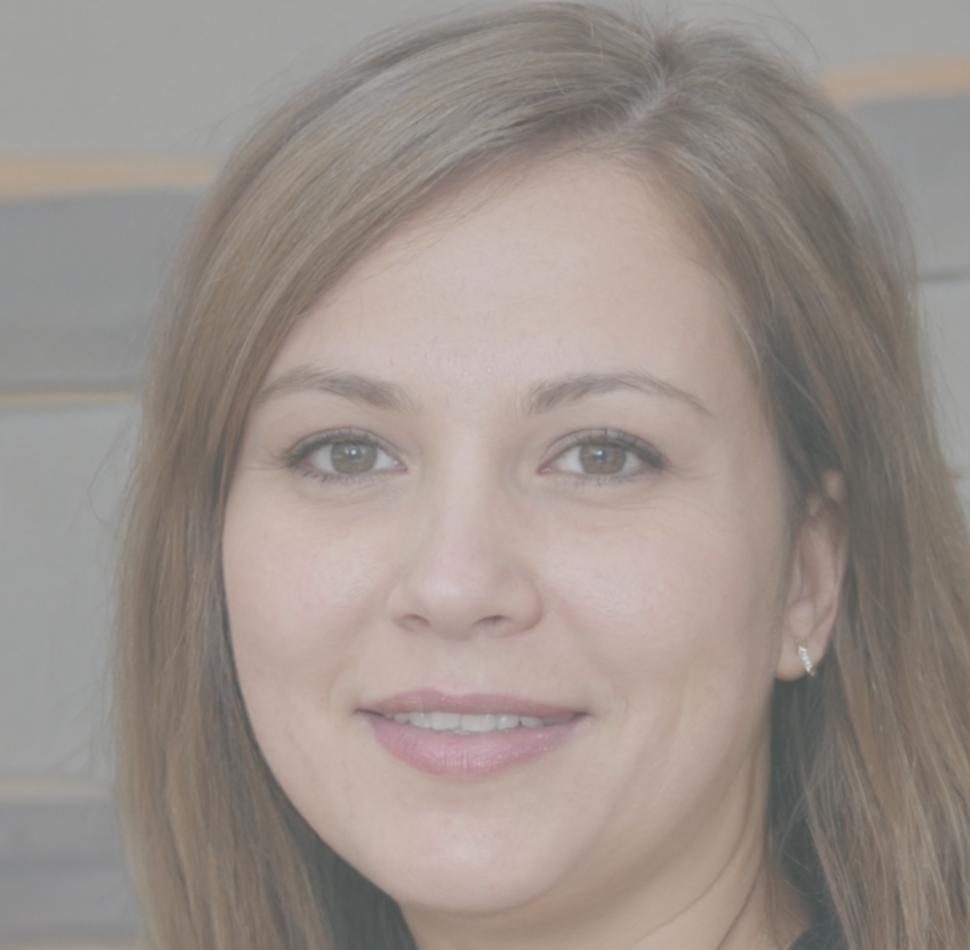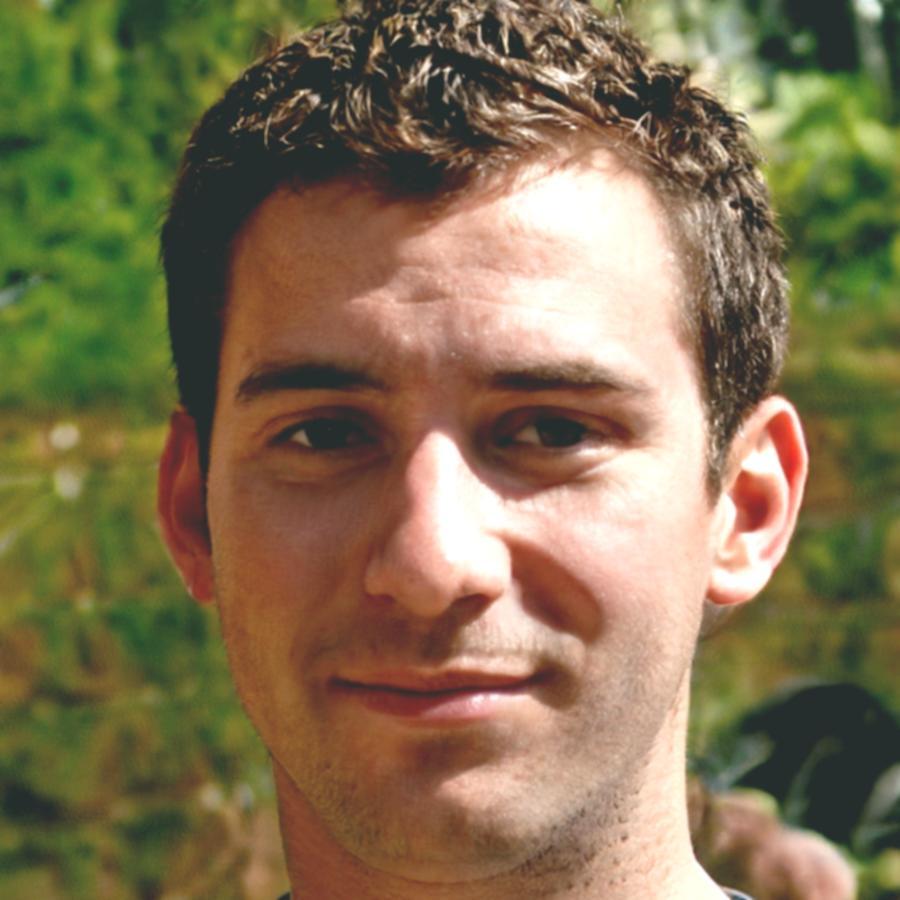Understanding Your Financial Emotions
Money decisions rarely happen in isolation. They're tied to how we feel about security, success, and our future. Our learning program helps you recognize the emotional patterns that shape your investment choices.
Based in Brussels, we've spent years working with individuals who felt stuck between what they knew they should do financially and what they actually felt comfortable doing. This gap between knowledge and action? That's where emotions live.
We're not here to tell you emotions are bad for investing. They're just part of being human. What matters is learning to work with them instead of against them.

What You'll Actually Learn
Our program runs over six months starting October 2025. It's structured to build understanding gradually, giving you time to recognize patterns in your own behavior between sessions.
Emotional Pattern Recognition
You'll learn to spot the triggers that lead to impulsive financial decisions. Most people don't realize they have patterns until someone points them out.
- Identifying stress-response behaviors
- Understanding fear versus caution
- Recognizing overconfidence signals
Decision Framework Development
We teach practical methods for making financial choices when emotions run high. Think of it as having a backup plan when your brain wants to panic.
- Creating personal decision protocols
- Building waiting periods into choices
- Developing accountability systems
Long-term Behavioral Adjustment
Real change takes time. We focus on small, sustainable shifts rather than dramatic transformations that rarely stick.
- Setting realistic behavioral goals
- Tracking progress without judgment
- Adjusting strategies based on results

Deep Dive: The Psychology Behind Financial Choices
Why Smart People Make Emotional Investment Mistakes
Intelligence doesn't protect you from emotional decision-making. In fact, highly analytical people often struggle more because they're used to logic solving everything. But markets don't care about logic—they respond to collective behavior, which is inherently emotional.
Research from behavioral economics shows that even professional traders experience the same fear and greed cycles as novice investors. The difference? Professionals have systems in place to prevent those emotions from controlling their actions. That's what we teach—building those systems for yourself.
The Belgium Context: Cultural Attitudes Toward Risk
Growing up or living in Belgium shapes how you think about money. There's a cultural preference for stability, which isn't bad—it just comes with specific blind spots. We've noticed Belgian investors tend to hold losing positions longer than optimal, hoping things will return to "normal."
Understanding these cultural influences helps you separate what you truly believe from what you've absorbed from your environment. Our Brussels-based sessions incorporate these regional patterns while teaching universal principles of emotional awareness.
Building Resilience Through Market Cycles
Markets will swing. That's guaranteed. What's not guaranteed is how you'll respond. We spend considerable time on resilience training—not positive thinking or motivation, but practical techniques for staying functional when everything feels uncertain.
This includes learning to distinguish between markets being volatile (normal) and your portfolio strategy being wrong (requires action). Most investors confuse the two and either panic too early or hold on too long.
Perspectives From Past Participants
These participants completed our 2024 program and shared their experiences. Results vary, but these reflections give you a sense of what to expect.

I used to check my portfolio five times a day, especially when markets dropped. The constant monitoring wasn't helping—it just made me anxious. Learning to recognize that behavior as an emotional coping mechanism changed how I approach investing.

The most valuable part wasn't the theoretical knowledge—it was having a framework when I actually felt panicked. During a market dip in November, I followed my decision protocol instead of selling everything. It felt unnatural at first, but it worked.

I expected more technical analysis and market prediction. Instead, I got something more useful—understanding why I consistently made the same mistakes. You can't fix a problem you don't recognize. Now I at least see it coming.
